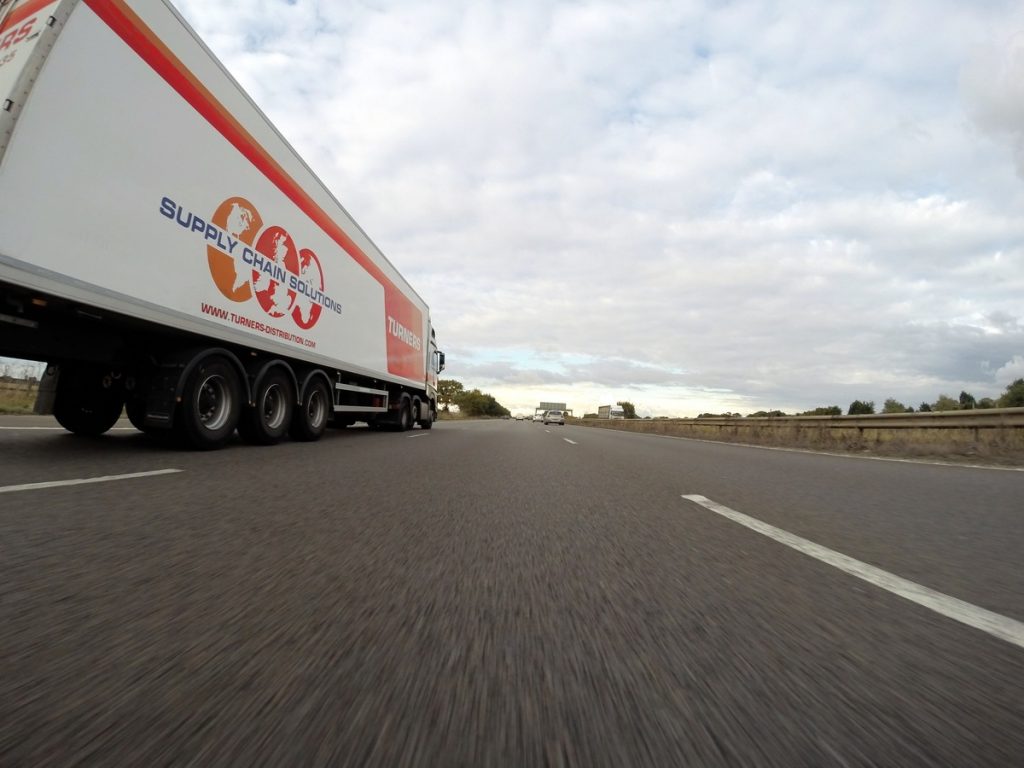Mind the gap: Economics is catching up to the fact that we’re not always rational

Do Tube strikes make Londoners better off? At first sight, the question is simply absurd. The answer is surely “no”. But a paper in the Quarterly Journal of Economics comes to the opposite conclusion. Cambridge economist Shaun Larcom and his colleagues analysed the two-day strike of February 2014. They obtained detailed travel information on nearly […]
What’s next for ‘Pricing for Prosperity’?
Our shortlisted Wolfson Economics Prize entry, and the thinking behind it continues to be of interest to various organisations. Paul Buchanan was recently approached by Transportation Professional for comment. A copy of the latest edition of the TP magazine can be viewed here.
Neo-Luddites won’t like it, but the UK must keep on (driverless) truckin’

The announcement that experiments will take place with driverless lorries on UK motorways ought to be a cause for celebration. Once again, human ingenuity is pushing out the frontiers of technology. But the general reaction in the media has been one of anxiety and concern. Wholly contradictory arguments have been advanced against them. Driverless cars […]
Paul Buchanan discusses ‘Pricing for Prosperity’
It is over 200 years since road pricing was first suggested but there are only three significant schemes in operation: London, Singapore & Stockholm. All are ongoing and popular, even though they cover only a small % of the city and levy a simple, and relatively ineffective, cordon charge. Our proposal (Volterra with Jacobs) for […]
Volterra’s Lucy Dean and Alex O’Byrne present at Annual Transport Practitioners Meeting

Lucy Dean and Alex O’Byrne were recently invited to speak at the 15th Annual Transport Practitioners Meeting (TPM) in Nottingham. TPM is the annual meeting place for all transport planners, highway engineers and urban transport designers. Practitioners, policy makers and academics are invited to present topical papers over the two days. Lucy’s presentation ‘What might the […]
Ellie speaker at Policy Forum for London event
Ellie was recently invited to speak at the Policy Forum for London’s event on the priorities for developing London’s night time economy. Specialising in the economic impact of developments and proposals, Ellie spoke about London’s night time economy hotspots and historic growth, as well as the business case for the Night Tube. When thinking about the […]
The Wolfson Economics Prize 2017 – our shortlisted entry led by Paul Buchanan

As a niche consultancy with expertise in the planning, economic and financial appraisal of public and private sector transport, the question for this years’ Wolfson Economics Prize “How can we pay for better, safer, more reliable roads in a way that is fair to road users and good for the economy and the environment?” was […]
What changes could Hyperloop deliver?

The last in our series of blogs on WEBs. Having worked on the Hyperloop projects, Volterra Partner Paul Buchanan looks at the impact futuristic modes of transport have on WEBs. WEBs and Hyperloop I have been lucky to work on four or five Hyperloop projects; this means thinking about the impact of Hyperloop on where […]
WEBs – can they be negative?

The second in our series of blogs looking at how Paul Buchanan has continued to develop the techniques and spread the application of WEBs. Can WEBs be negative? I spent many years after Crossrail espousing the power of WEBs: the economic growth that resulted, the additional tax revenues accruing to government and all of the […]
The history of Wider Economic Benefits (WEBs)

Paul Buchanan started WEBs, secured the original approval of WEBs by government and has continued to develop the techniques and spread the application of WEBs ever since. This series of blogs looks at some of the key changes and innovations that were introduced over time. They range from the original work on Crossrail, through early […]

